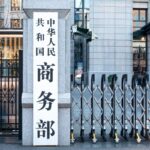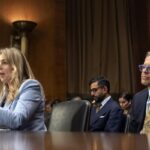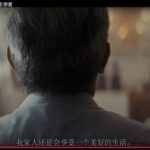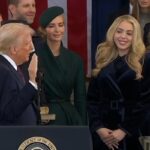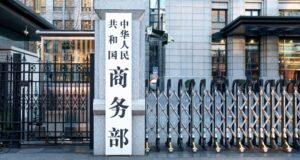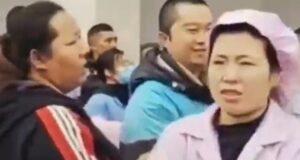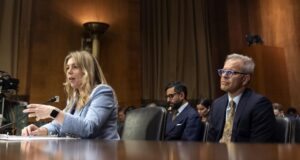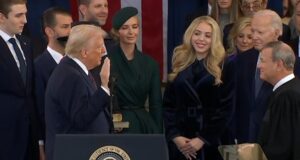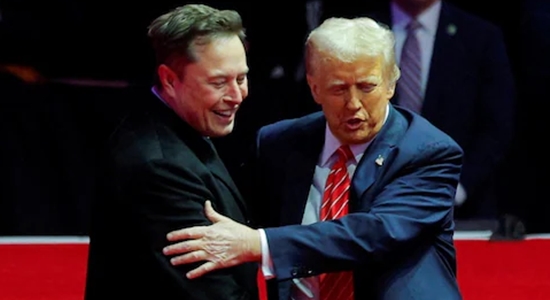
Things would be looking less good for China if Elon Musk, driver of Tesla, SpaceX, and Twitter X, who threw his considerable weight behind President Trump’s reelection campaign, were not also a pretty visible member of the Trump team.
But things are not looking as swell for China as Jim Edwards contends in his eagerness to set forth a thesis (“Day One of the new Trump Administration, and things are looking good for China,” Fortune, January 20, 2025).
Edwards does have a point, unfortunately. Trump as Hegelian dialectician does sometimes seem to swerve between opposites on the rocky road to some kind of transcendence.
Although President Trump was “actively hostile to China” during his first administration when he “blamed it for the coronavirus pandemic, and wanted to ban TikTok,” he now is doing things that can only please Xi Jinping, dictator of China, we are to believe.
First, Trump is acting to rescue TikTok from being banned in the United States.
Second, his phone call with Xi just before inauguration day was lauded by both Trump and the Chinese government as great news for the United States, China, and the world. So China and United States are buddies now. They’re pals. They may have their disagreements. But hey, people and countries do.
Third, the day before inauguration, Musk met with Chinese Vice President Han Zheng and reportedly assured Zheng that Tesla wanted to deepen its investment in China.
That’s three strikes. But Edwards omits a few things or people from his day-one canvass of what we are invited to conclude is a now blinkered and oblivious China policy.
TikTok
For example, in his January 19 statement on Truth Social about why he wants to delay the shutdown of TikTok, Donald Trump spoke of making a deal “to protect our national security,” a deal that would involve the sale of TikTok. Why speak of protecting national security if Trump feels that TikTok and China present no threat to national security?
President Trump more recently suggested, in an interview with Fox News, that China’s involvement with electronics used in the United States represents a “bigger threat” than its knowledge of what “crazy videos” the kids are watching on TikTok. This comparison does not present a fair summary of why people regard TikTok as a threat. But the point is, it also does not convey the impression that Donald Trump now regards the Chinese government and Chinese Communist Party as innocuous entities who are just buddies and pals of the United States.
The president’s attempt to delay the ban of TikTok and get parent company ByteDance to sell TikTok despite its refusal to do so to date seems impractical. For one thing, the deadline for divestiture has passed, and the conditions spelled out in Congress’s legislation for one-time extension of the deadline have not been met. However, the president is not talking about simply letting TikTok continue as before.
Non-Musk members of the Trump team
Also, who has Donald Trump selected as his secretary of state, his director of the CIA, and his secretary of defense—posts that have greater relevance to how the United States views China and plans to deal with China than the post of leader of an advisory Department of Government Efficiency?
Marco Rubio, Secretary of State. The People’s Republic of China “is the most potent and dangerous near-peer adversary that this nation has ever confronted.”
John Ratcliffe, CIA Director. “The intelligence community has been slow to adjust to the fact that China is the primary geopolitical threat we face.”
Pete Hegseth, Secretary of Defense. China is “the most comprehensive and serious challenge to U.S. national security.”
